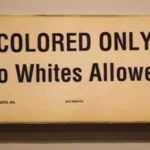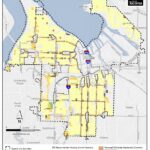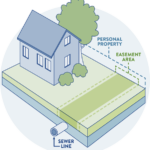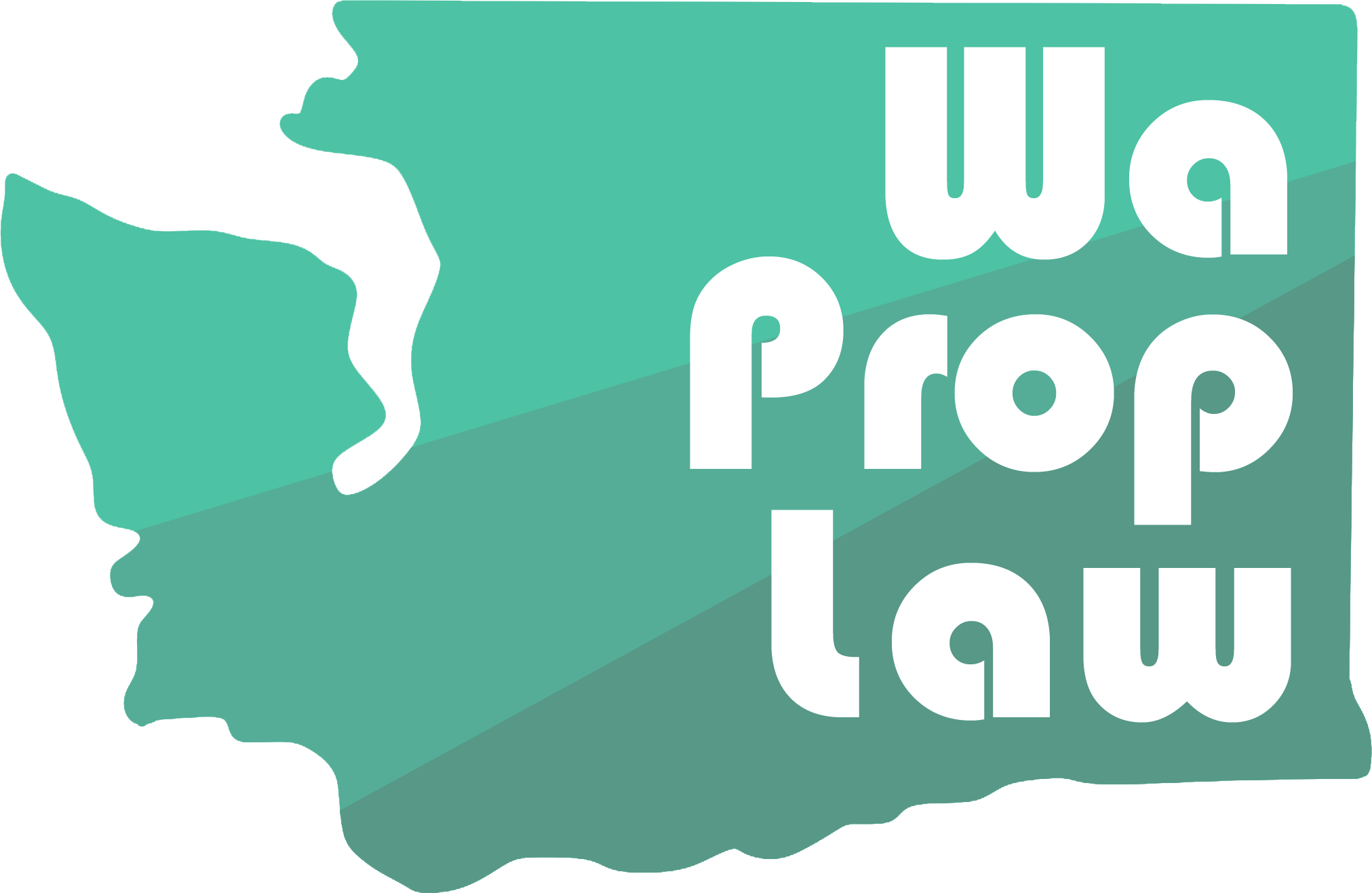Welcome to the forefront of housing advocacy and land use law, where your rights as a property owner or tenant intersect with the intricate regulations that shape our communities. This guide aims to shed light on the crucial issues surrounding housing, land use, and the legal framework that governs them.
Housing policy
Access to safe, affordable housing is a fundamental right. Housing advocacy plays a pivotal role in ensuring fair housing practices, preventing discrimination, and advocating for policies that address homelessness and housing insecurity. Whether you are a homeowner, renter, or community advocate, understanding housing laws is essential for safeguarding your rights.
Land use law
Land use law plays a pivotal role in shaping the physical and social fabric of our communities. By regulating how land is developed and utilized, it ensures a balance between individual property rights and the collective well-being of the community. Zoning regulations, a key component of land use law, guide the establishment of residential, commercial, and industrial zones, influencing everything from neighborhood aesthetics to economic development. Environmental protections embedded in land use law safeguard natural resources, ensuring sustainable growth and minimizing ecological impact. Community planning, another aspect of land use law, allows residents to actively participate in decisions that impact their surroundings, fostering a sense of ownership and connectivity. In essence, land use law is the blueprint for responsible and harmonious community development, ensuring that our shared spaces evolve in ways that benefit us all.
Our recent housing policy and land use law articles

Tacoma gleefully imposes RACIST requirement on local developer
Tacoma is requiring that half the units in a new Tacoma multiplex be marketed for sale especially to black people. Racist? Yes. Illegal? Yes. Morally defensible? I suppose the answer depends on whether you believe in generational punishment, affirmative action,

Urban Tree Canopies: Good, but not a miracle cure
There’s a modern trend towards encouraging urban tree canopies consisting of mature shade trees. Increasing the tree canopy isn’t necessarily a bad idea. There are multiple documented benefits of urban tree canopies: Release of water vapor into the atmosphere which

Conditional Use Permits: A discretionary hurdle to development
The Truth about Conditional Use Permits Conditional use permits are often touted as a kind of exception to the zoning code for uses that are beneficial to the community. For instance, Tacoma’s conditional use tip sheet, still explains conditional use

Rezoning: Only viable in “edge cases”
The Purpose of Zoning The purpose of zoning is to prohibit people from using their property in a manner that would adversely impact the surrounding area. For example, the purpose of a residential zone is to keep people from constructing

Housing is too expensive. Why? Because we aren’t building enough
Redfin reported that only 21% of American houses sold in 2022 were affordable. 79% were unaffordable. The median home price is now $431,000, which is up more than 100% from the Great Recession lows of 2009. Compare that to the

Easements: Giving away some (but not all) your property rights
An easement is a non-possessory interest in real property that allows one or more person to use a piece of property for a specific purpose, even though they don’t own the property. If this seems confusing, you are not alone.

When neighbors war: Property and boundary line disputes in Washington State
What are property line and boundary line disputes? The terms “property line dispute” and “boundary line dispute” mean the same thing. They refer to a broad array of disputes over the ownership of land. Typically, property line disputes arise from

Subdividing Real Estate: What is a “plat”?
Across the country, the housing industry is booming, but the market in Tacoma and Seattle is especially hot. Many huge national and international entities call Seattle and Tacoma home. Our greatest regional employers include: Boeing, CHI Franciscan, Joint Base Lewis-McCord,
Eminent Domain & Condemnation: The government wants your land!
While many people have heard the terms “eminent domain” or “condemnation,” most people don’t know how to protect themselves when it happens to them. It can be intimidating when agents of the government show up at your front door, demanding

Real Estate Purchase and Sale Agreements
Why Purchase and Sale Agreements are Important in Real Estate Transactions There is a lot at stake in any real estate transaction. Whether you are purchasing a home, residential rental property, commercial property, or even a parcel of vacant land,

Title Insurance Disputes: Clean up your messy title
What is Title Insurance? As with all insurance, title insurance is meant to reduce the risk of the parties covered by it. Think of your health insurance: You pay a premium each month, and in exchange, the insurance company agrees

Development Agreements: Relief from zoning code for big projects
What is a Development Agreement? A development agreement is a voluntary contract between a local municipality, such as a city or county, and a property owner whose land is located within the municipality’s jurisdiction. The development agreement contains the obligations

Variances: For small deviations from land use code
What is a Variance? A variance is essentially a discretionary exception to one or more zoning requirements. Every jurisdiction offers a different array of variances under slightly different conditions. However, all variances operate by allowing property owners to use their

Adverse Possession: When trespassing becomes ownership
What is Adverse Possession? You may know adverse possession by the colloquial term, “squatter’s rights.” Basically, if someone has had possession of a piece of real property for a long time without the permission of the legal owner, then he

Joint Ownership Disputes: Regretting your partnership?
Common Points of Contention No relationship is perfect. Some of the most common joint ownership disputes that arise among property co-owners include the following: One of the owners has sole possession of the property but refuses to pay rent or
Key Aspects of Land Use Law
Land use law dictates how land is developed, utilized, and preserved. It encompasses zoning regulations, environmental protections, and community planning. To navigate this complex landscape, it’s crucial to be aware of the following key aspects:
- Zoning Regulations: Zoning laws define how land can be used within specific areas. Understanding zoning regulations is essential for property owners, developers, and anyone involved in the construction or modification of structures.
- Environmental Protections: Land use law often includes measures to protect the environment. This can involve restrictions on development near sensitive areas, water conservation efforts, and sustainable building practices.
- Community Planning[3](#user-content-fn-3): Engaging in community planning processes allows residents and stakeholders to shape the future development of their neighborhoods. Being involved in these discussions ensures that your voice is heard in decisions that impact the community.
Housing Advocacy in Action
Advocating for housing rights involves promoting policies that ensure equitable access to housing, preventing discrimination, and addressing homelessness. Key areas of focus include:
- Fair Housing Practices: Understanding and promoting fair housing practices is essential to combat discrimination based on race, gender, disability, or other protected characteristics.
- Homelessness Prevention: Housing advocates work towards solutions to prevent and address homelessness, including the development of affordable housing, support services, and eviction prevention measures.
- Tenant Rights: Knowing and advocating for tenant rights is crucial for ensuring fair treatment and preventing illegal evictions or housing discrimination.
Conclusion
Whether you’re a homeowner, renter, or community advocate, understanding housing advocacy and land use law is vital for shaping the future of our communities. Our commitment is to empower individuals and communities through legal knowledge, ensuring that everyone has access to safe, affordable housing and a voice in the development of their neighborhoods.
